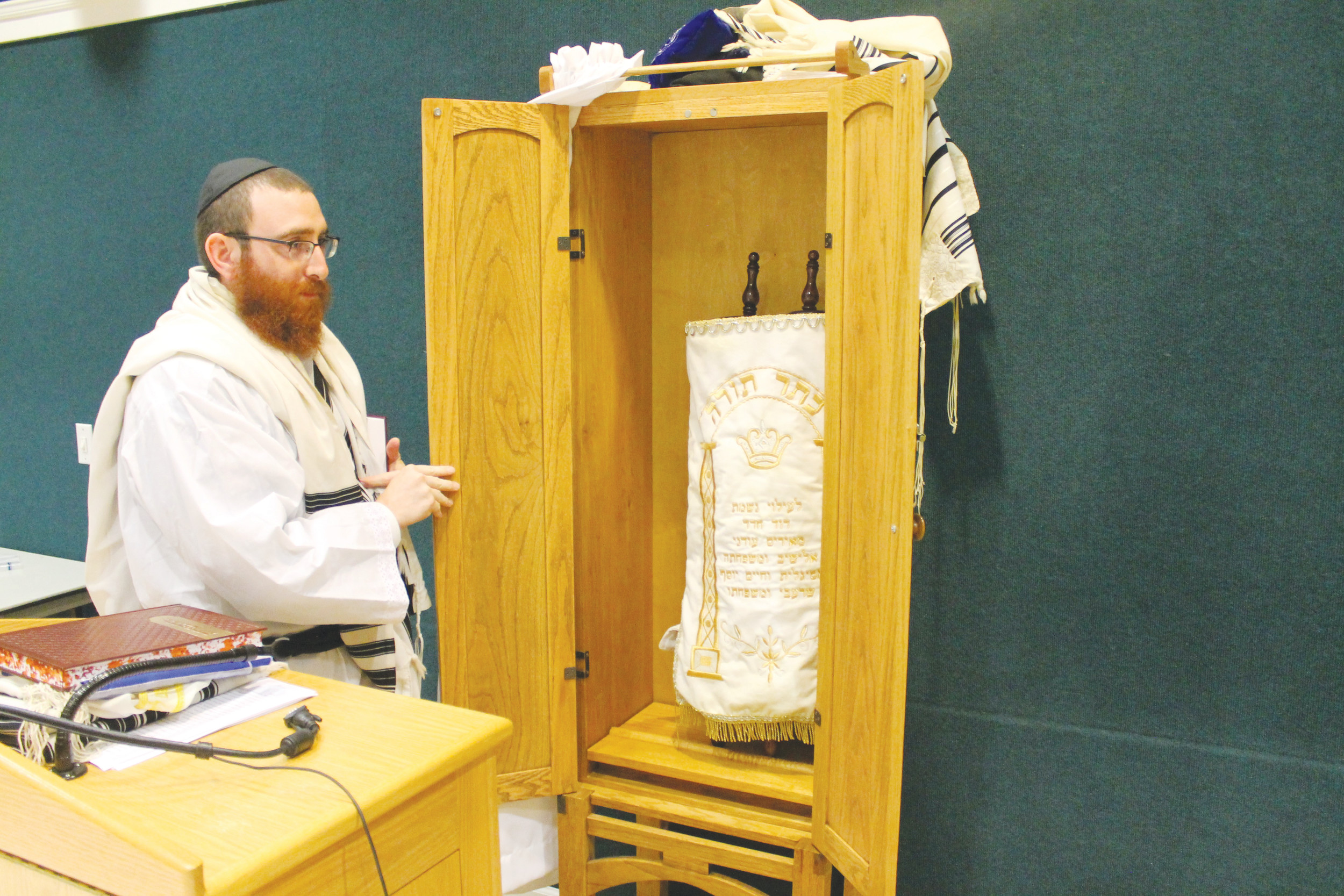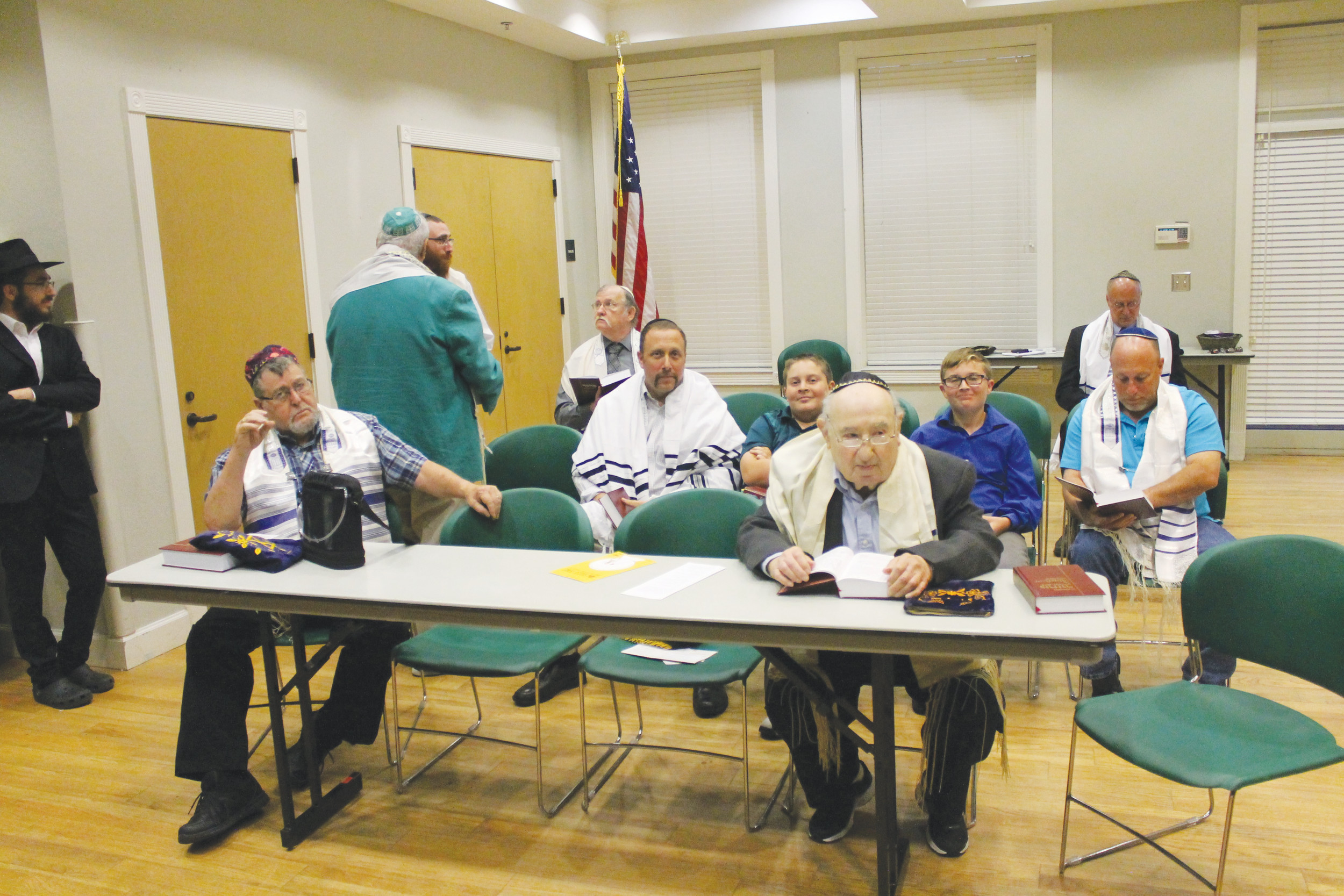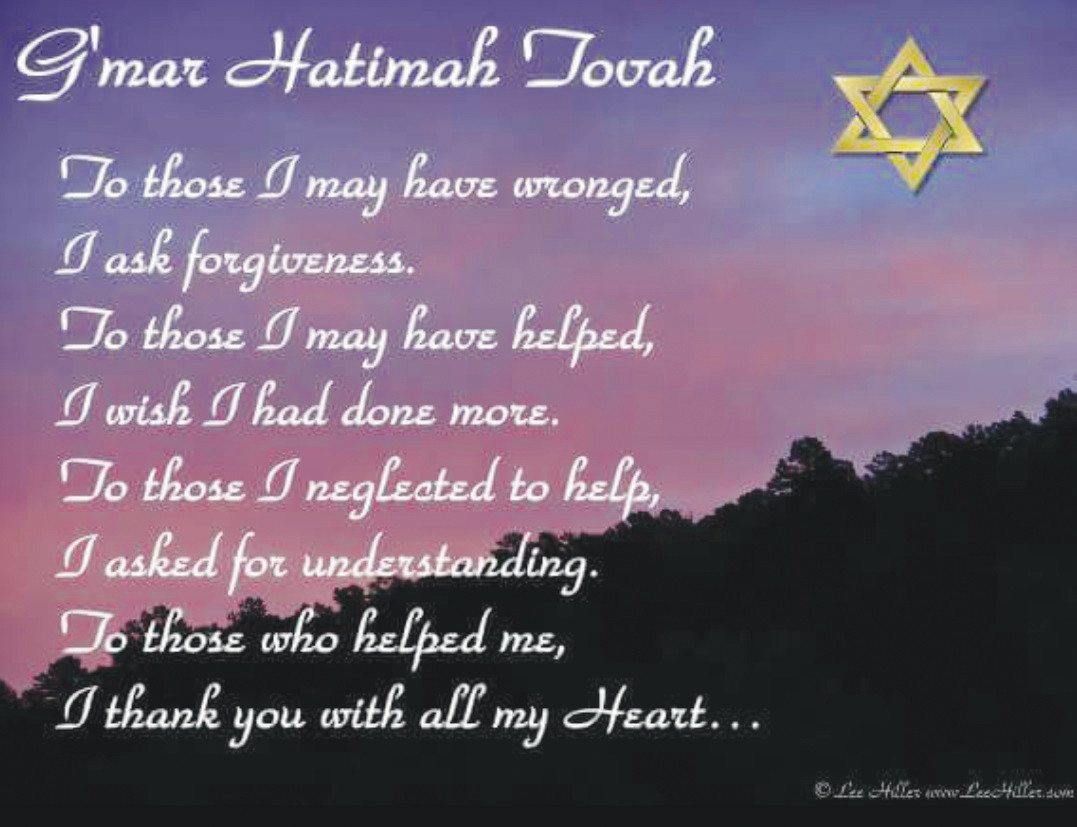Yom Kippur gives Jews a chance to reflect and repent
FLEMING ISLAND – A small congregation settled into plastic seats assembled at the Fleming Island library Tuesday to observe the eve of Yom Kippur, the holiest day of the year.
At sunset, they …
This item is available in full to subscribers.
Attention subscribers
To continue reading, you will need to either log in to your subscriber account, below, or purchase a new subscription.
Please log in to continueDon't have an ID?Print subscribersIf you're a print subscriber, but do not yet have an online account, click here to create one. Non-subscribersClick here to see your options for subscribing. Single day passYou also have the option of purchasing 24 hours of access, for $1.00. Click here to purchase a single day pass. |
Yom Kippur gives Jews a chance to reflect and repent
FLEMING ISLAND – A small congregation settled into plastic seats assembled at the Fleming Island library Tuesday to observe the eve of Yom Kippur, the holiest day of the year.
At sunset, they quietly arrived and hugged while, some prayed and others chatted. Rabbi Shmuly Feldman, who leads the Chabad of Clay County, shuts the door and shuffles to a small podium.
Behind him, a handwritten parchment Torah is nearby. Gathered in front of him are 18 congregants who hail from different sects of Judaism who all want to repent for their sins.
To break the ice, he opens with a joke about a Rabbi’s watch.
The Jewish tradition regards Yom Kippur in a category all its own on the calendar. Otherwise known as the Day of Atonement, Jews are supposed to observe a day of prayer while fasting. Although there are some prayer breaks, it is a strict day of rest for Jews that starts at sunset and ends 25 hours later when three stars appear in the sky.
Although it falls on a different date ever year, it always comes 10 days after the Jewish New Year, Rosh Hashanah.
The Jewish New Year marks the beginning of the Ten Days of Repentance where Jews are given the chance to reflect on and apologize for their sins, ending the 25-hour fast.
Yom Kippur, however, is much different for Rosh Hashanah. It is not a celebration but a time of quiet reflection on the deeds of the year.
“God has given us a day where no matter how far we’ve gone, this is the day we can change,” Feldman said. “This should bring us joy, where God has given us a day where we can really change. That should be the inspiring and happy aspect of it.”
Feldman continued and said the significance is seen in every place of worship, whether it be in the synagogue or the home.
“Even for Jews who don’t live their everyday life like this – this is the day when they’re all called out to come,” he said.
For many, the holiday is a time to speak to God, but it’s also a time for family and acceptance.
“Growing up, we walked to synagogue and fasted,” said Marachel Young, 65. “You went with your family. It was a family time to be together to understand how somebody else was feeling. As a child it was just something you did, you went to synagogue and you sit there and listen to the rabbi say the prayers – even though a lot of times you didn’t understand it.”
She said Yom Kippur really resonated with her once she went to Hebrew School and started to understand the deep meanings behind the tradition.
Like other religious traditions, such as Islam’s Ramadan, many Jewish holidays are tied to the lunar calendar and are not held the same exact day each year.
What carries over year after year, however, is the idea of feeding the soul while the body starves. While this happens, Feldman said, Jews should contemplate what they did the year before and continue on to the “next step” in life.
He compares it to a New Year’s Resolution, somewhat like a vow to be mindful of throughout the next year.
The fasting itself, however, can have benefits all of its own.
“After a day of fasting and praying, it’s almost like a cloud has lifted, my body feels differently,” said Mel Yahre, 73. “It’s very cleansing.”
Unlike a regular day – which has three prayer services – Yom Kippur has five prayer services. The prayer services also include private and public confessions of sins, called Vidui. The Ten Days of Repentance are reserved mostly for apologizing to other people for one’s wrong doings, which God cannot forgive Jews for.
When the fast ends on Wednesday, most will have taken an introspective look and move on to the next year with fresh eyes and a clean soul.
“If you’re really sincere about changing, then it’s never too late, and that really resonated with me,” Feldman said. “God is passionate and forgiving, and perhaps we should be the same.”












